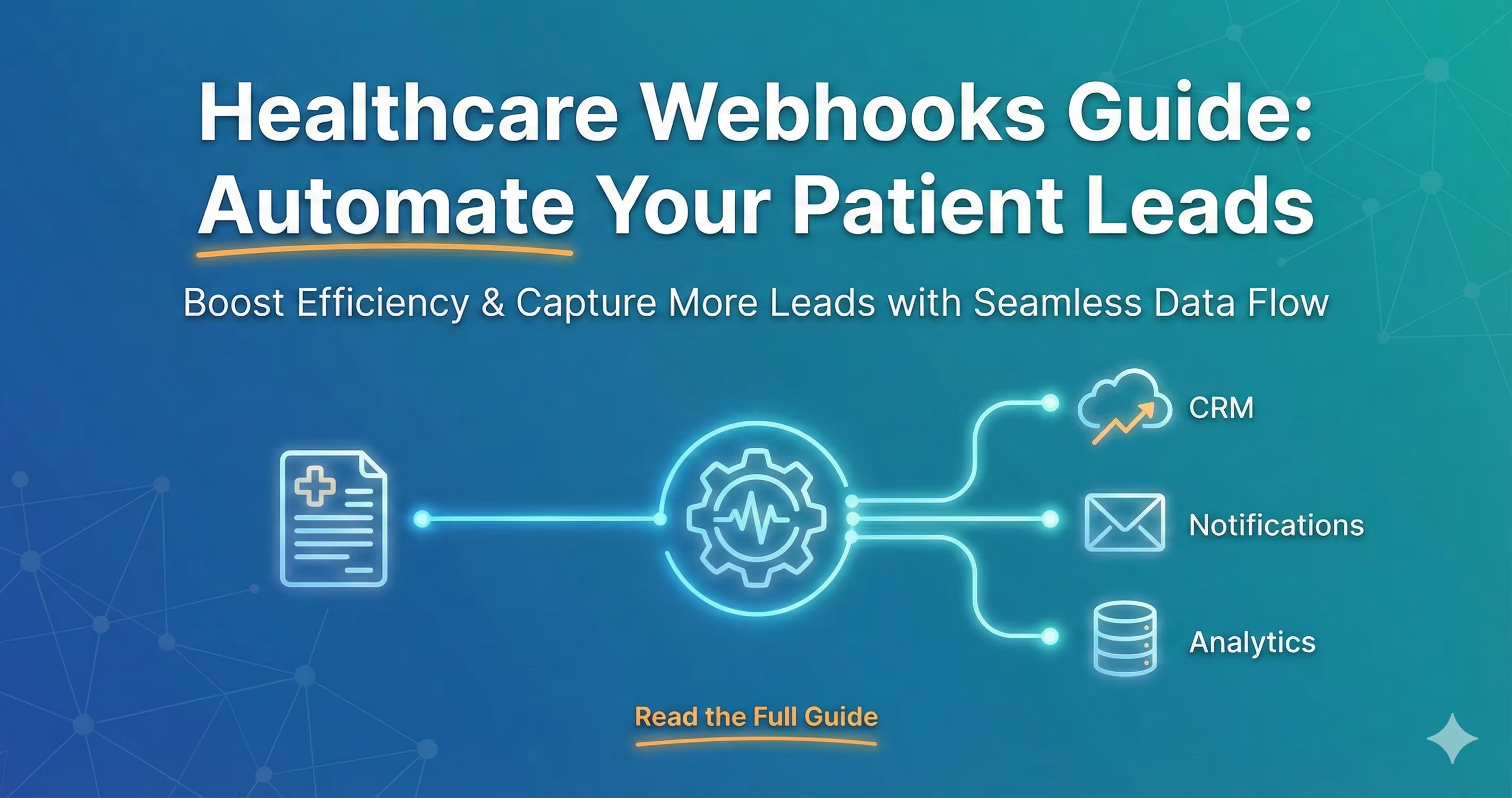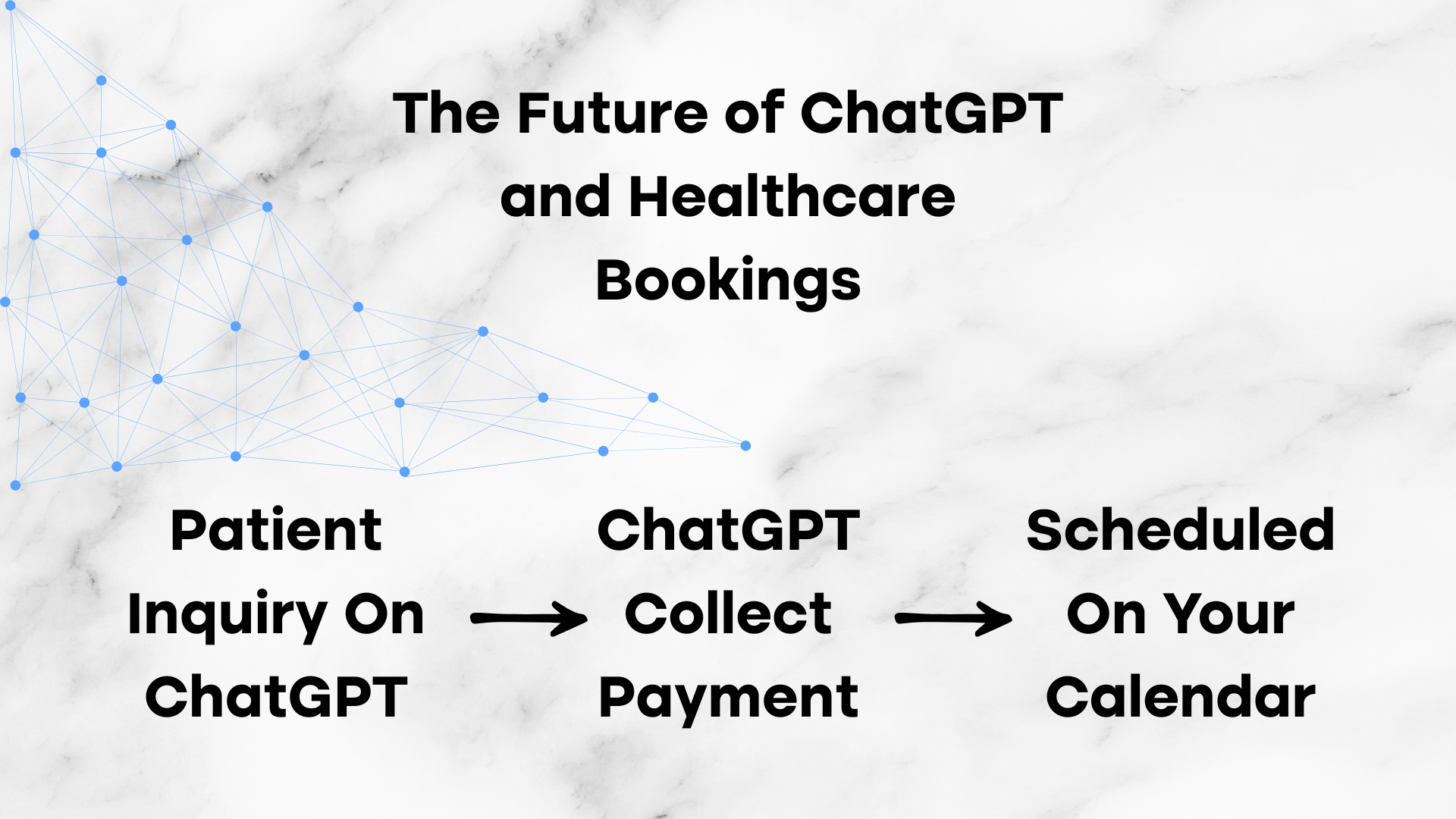Read more Articles
Keep up to date with medspa marketing strategies.

In 2025, trust isn’t built in the waiting room, it’s built on Google. Before a patient even calls your office, they’ve already formed an opinion about you based on your online presence. And nothing carries more weight than your Google reviews.
For doctors navigating an increasingly competitive digital landscape, your online reputation is a critical piece of the puzzle and one of the best a revenue-driving asset. In many cases, it’s the deciding factor between a booked appointment and a missed opportunity.
In this blog we will go over everything Doctors need to know about Google reviews and how that reputation can impact your business. If you are looking for a healthcare reputation management system, contact us and we will get you set up!
The way patients find and evaluate doctors has changed dramatically in the last decade. Word of mouth has gone digital. A recent survey from Software Advice found that 71% of patients use online reviews as their first step in finding a new healthcare provider, with Google being the most trusted platform by far.
Patients aren’t just looking for any doctor. They’re filtering by specialty, availability, proximity, and most importantly, reputation. When comparing two providers, the one with more positive, recent, and detailed reviews almost always gets the click.
Even more striking, BrightLocal’s 2024 Local Consumer Review Survey reported that 87% of consumers won’t consider a business with fewer than 3 stars. That means 3 stars is the minimum, 4.5 stars is the average, 5 stars is good, and a lot of 5 stars is excellent.
Think about how you choose your doctor. You don’t just look at the first ad and book. You look at reviews for every single one and they play a huge role in your overall decision making process.
Imagine a patient searches “dermatologist near me.” Two profiles appear:
Who do you think earns the appointment?
The difference between those two profiles isn't luck, it's smart reputation management. And it directly impacts revenue more than you can imagine. A Harvard Business School study found that a one-star increase in online rating can lead to a 5–9% increase in revenue. That may sound small, but across high-ticket procedures and ongoing care, it compounds fast.
Google reviews for doctors also play a role in the overall brand Identity. Perception is everything and people want to go to a doctor they at least believe is very trustworthy. Getting good google reviews as a doctor gives you leverage to charge premium rates for your work as well.
Beyond patient perception, Google reviews for doctors play a central role in how Google ranks your practice in search results. In local SEO, reviews are one of the top three ranking factors alongside relevance and proximity.
That means your star rating, total number of reviews, frequency of reviews, and the content within those reviews all influence whether your profile gets shown first or buried below a sea of competitors.
Having well constructed reviews is very important for good SEO though. When you request the reviews you will want to encourage patients to leave keywords for your local area. For example instead of them leaving a review like “Evolve is the best medspa around love the staff” Encourage them to leave a review like “Evolve is the best Medspa in Saint Cloud! From the aesthetics to the hormone replacement therapy everything was very affordable. The staff were extremely knowledgeable, friendly, and trustworthy! I recommend this medspa to anyone in the central florida area!”
Now when someone looks up “Best medspa in saint cloud” what business is going to rank very fast? The business that's leveraging other people’s words to dominate the local search rankings. This is why we recommend acquiring Google reviews as one of the first things you do when you start your clinic.
Clinics with consistent, high-quality reviews often appear in the Google Map Pack, the prime digital real estate for local searches like “orthopedic specialist Orlando” or “OBGYN near me.” Landing in that section often results in a 3–5x increase in phone calls and website traffic.
It’s not just the stars that matter. Patients read the substance. According to ReviewTrackers, 63% of people will choose one provider over another if they see detailed feedback that mentions bedside manner, wait time, or staff friendliness.
That means it’s no longer enough to ask patients to “leave a review.” You need a system that helps patients write authentic, specific reviews that reflect their experience and reinforce the value of your practice.
In fact, reviews that include keywords like your specialty (“weight loss clinic,” “knee pain,” “Botox”) can even help your SEO further by increasing the relevance of your listing in future searches.
Let’s say your practice brings in $1M annually. If increasing your Google rating from 3.9 to 4.8 leads to a 7% boost in appointments and procedures, that’s a $70,000 increase in revenue with no change in ad spend or team size. All from reviews.
Compare that to traditional advertising, where return on investment can vary wildly. A $3,000 Google Ads budget might produce results but if your Google Business Profile has weak reviews, patients may still skip you. That’s the silent killer of conversion.
It’s also why your online reputation for doctors should be treated with the same seriousness as malpractice coverage or front office operations. A poor reputation doesn’t just hurt, it leaves tons of potential revenue on the table.
Thats why at Nexamed, if you sign up for lead generation services, we always include reputation management with it. Reviews are that important for getting people to actually convert and purchase from your clinic and not someone else.
Too many clinics treat reviews as an after thought but don’t realize how easy a reputation management system is to implement. A healthcare reputation management system like what we offer at Nexamed can generate you up to 50 reviews a month.
The best-performing medical practices in 2025 have automated review systems, also known as an online reputation management for doctors. These systems send requests at the perfect time: right after an appointment, through SMS or email, with a direct link to their Google page. These systems personalize the message, make it easy for patients, and follow up when necessary.
Finding a review system that works for you is critical in the performance and overall effectiveness of the system. Some teams are very good at training their staff to get reviews before the patient leaves. Other places do not have time for that and have to use an automation system.
When a review is requested in person there is almost a 100% chance you will get that review but it takes time and energy to do that. Automated systems are not as effective but can be done at scale with very minimal effort.
In a world where first impressions are formed through search results, Google reviews are no longer optional. They’re a core pillar of how modern patients choose who to trust with their health, and a direct lever on your clinic’s growth.
If your practice isn’t actively managing your online reputation, you’re already behind. But the good news is, you can catch up fast.
Because while you can’t control what people say, you can control the system that gets them talking. And in 2025, that’s the difference between staying full—or staying forgotten.
Contact us for a free discovery call.
You’ve outgrown "basic" marketing. Nexamed builds the advanced lead-gen infrastructure your med spa needs to capture high-ticket patients and scale without the manual mess.
Keep up to date with medspa marketing strategies.

